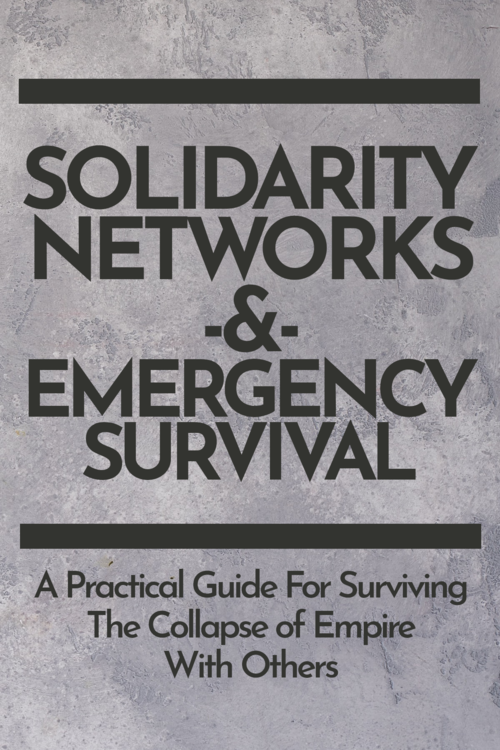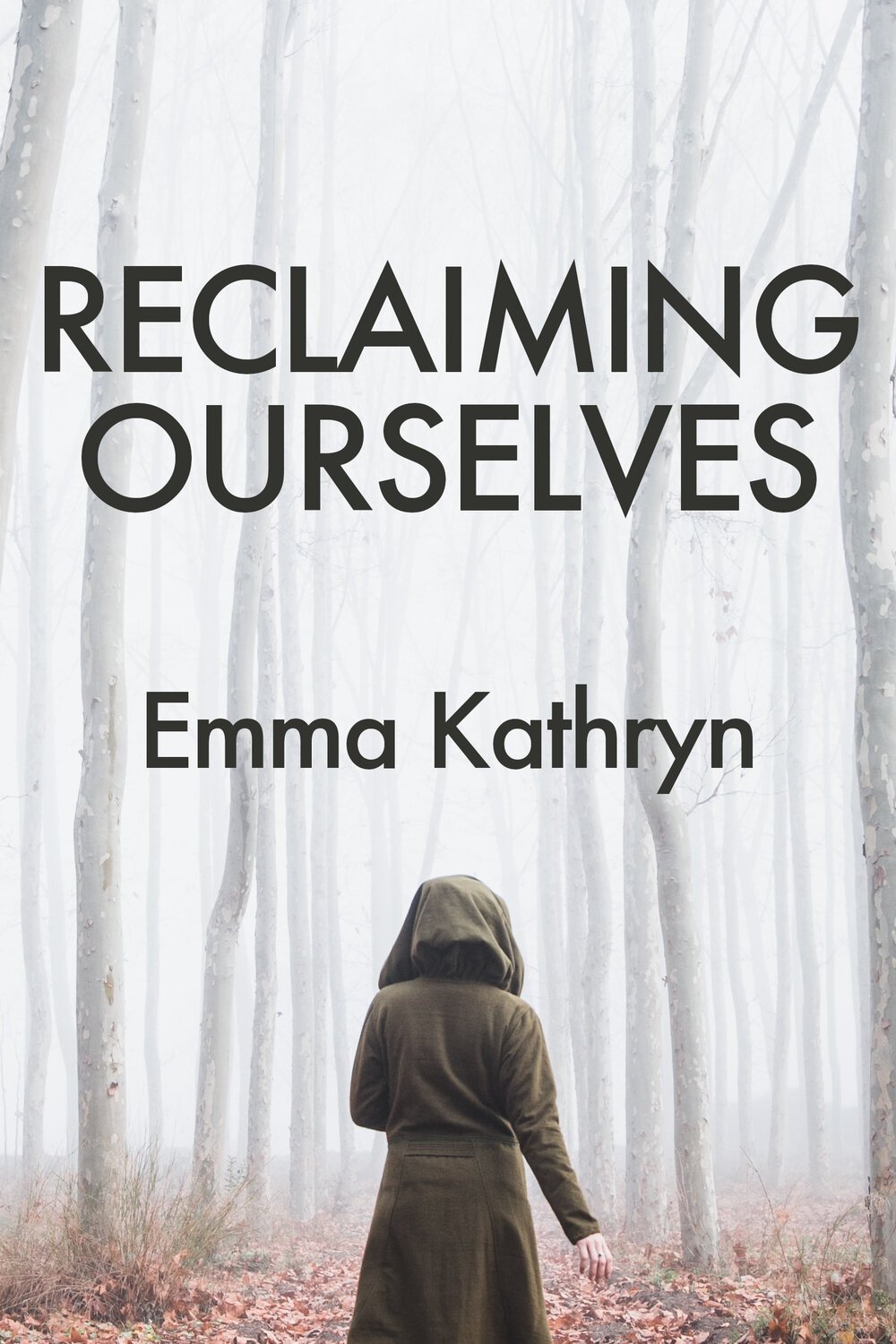Books That Might Help
Lots of folks in the United States are especially worried about the future, and this is quite understandable. While we don’t really know what’s going to happen, it looks likely that it might be less-than-pleasant (to put it mildly) for awhile.
We’ve published some books over the last 10 years that might help. No, these books won’t fix anything or give you immediate answers on how to handle what’s coming, but they’re full of guidance from authors we’ve worked with and trust. Some of them have done activism and organization, others are mental health therapists or worked as social workers, and some have some really grounded insights into life that have resonated with thousands of our readers.
So, though none of these books will “fix” things, they just might help.
Solidarity Networks and Emergency Survival: A Practical Guide to Surviving the Collapse of Empire With Others
This book is actually two essays combined together, each of which had received tens of thousands of views (and one got just under 100,000 views) when we published them online.
As the subtitle says, it’s a practical guide. The first part is about building solidarity networks, a form of organizing based on mutual aid. The second part is about taking care of your physical and mental needs in the midst of an emergency, and how to prepare for them before they happen.
Get in print ($6) // Get it in digital ($3)
Reclaiming Ourselves, by Emma Katherine
Emma has written for A Beautiful Resistance for many, many years, but you might not know that, besides being a witch, she also was a competitive fighter. And she’s one of the most practical, down-to-earth writers we know.
Reclaiming Ourselves is a really approachable book describing how to become more self-reliant magically, physically, and emotionally, and Emma’s really amazing at giving you advice “so obvious that you’d missed it.”
Get in print ($14) // Get it in digital ($7)
In the Midnight Hour: Finding Power In Difficult Emotions, by Anthony Rella
Anthony Rella is a Licensed Mental Health Professional, a witch, and a really, really kind person. This pocket sized book (same size as Solidarity Networks) is a collection of essays about not just working through difficult emotions, but also learning what they have to teach you. Especially great is how Anthony’s writing always sounds like you’re getting a letter from a close friend.
Get in print ($7) // Get it in digital ($4)
The Witch’s Kin: Deepening Your Relationship With Nature,
Spirits, and Humankind, by Asa West
What could the kinship model of animism possibly have to offer a world being torn apart by political and ideological extremism?
Everything.
Even if you don’t consider yourself a witch, you’ll find Asa West’s kind and intuitive explanations of kinship relations immediately useful in your daily life. And really powerful is Asa’s advice on dealing with and even building relationships with people you might you might not like or who might not like you.
Get in print ($20, or for hardcover $27) // Get it in digital ($12)
A People’s Guide to Tarot: A Primer For Everyone, by Rhyd Wildermuth
If you don’t already read Tarot or another form of divination, and if you’d like to, this book might really help. Written by druid and writer Rhyd Wildermuth, A People’s Guide to Tarot presents the Tarot in a simple and straightforward manner, and includes explanations of each card. It’s meant both for beginners and also those who’ve previously read Tarot but find many of the interpretations to be either too obscure or too silly.
Get in print ($17.50, or for hardcover $27.50) // Get it in digital ($12.00)
Baedd & Other Poems, by Twm Gwynne
When times feel really dark, poetry can help. Especially if you’re new to poetry, this small chapbook of poems from Twm Gwynne is a really great place to start. As one endorser said, “Twm’s subtle grasp of the profound power in simple words manifests in poems that startle and linger long after you’ve read them.”
Get it in print ($7) // Get it in digital ($4)






